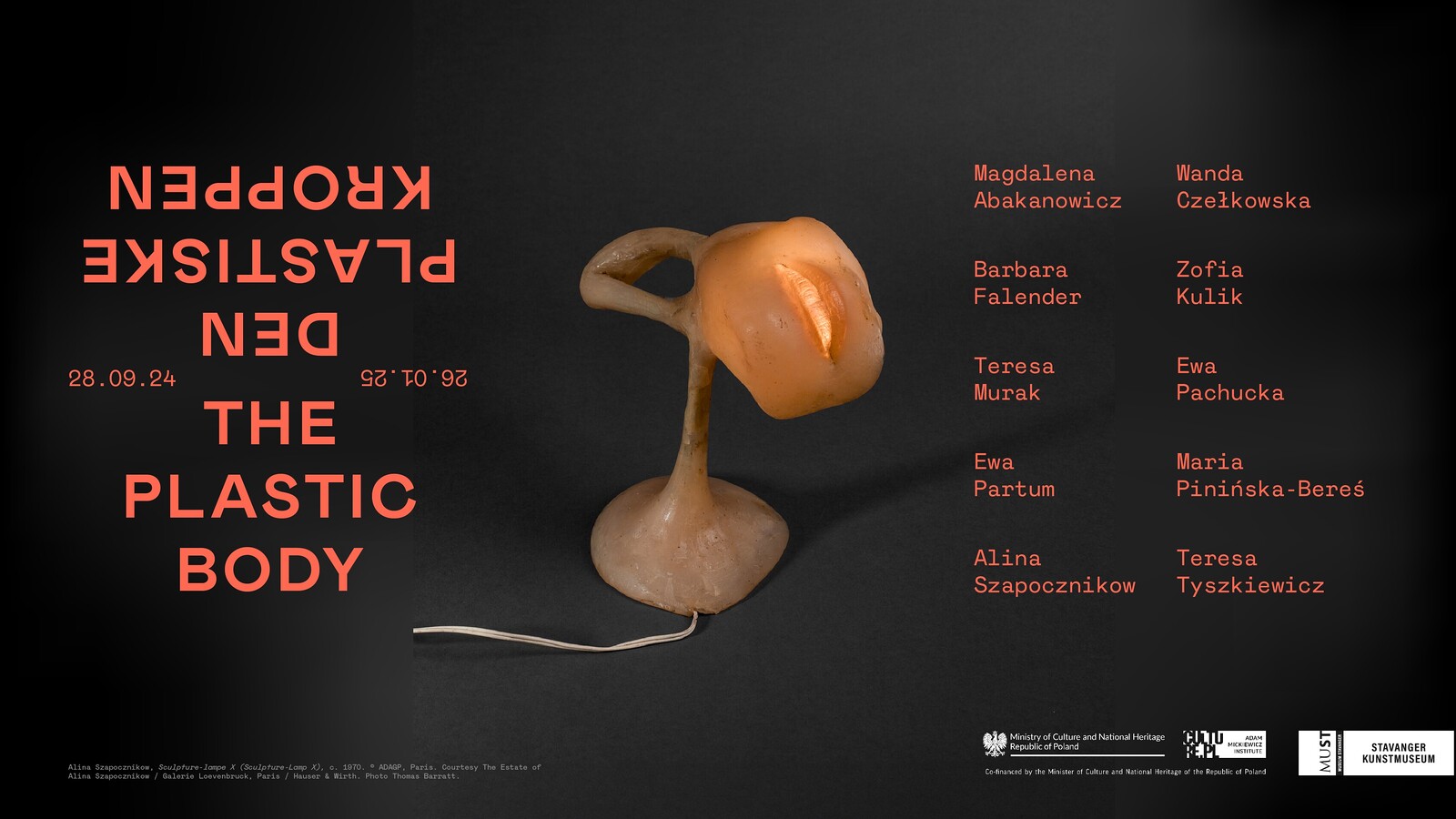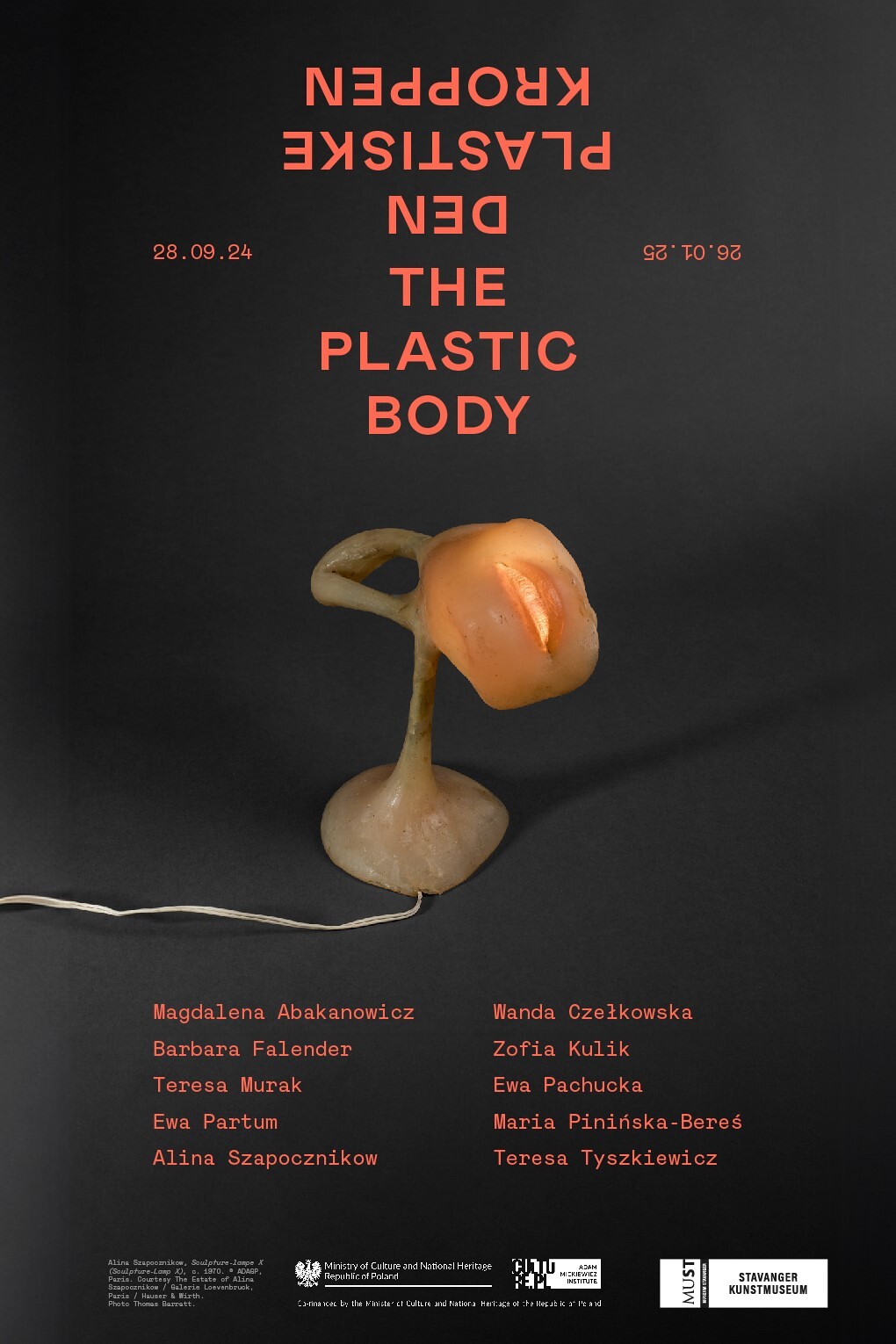Book launch: June 14, 5:30pm
IUAV
Terese
Dorsudoro 2206, Venice
Over the last decade, art education has been confronted time and again with neoliberal thought and attitudes. As a result of this, art education has turned slowly but surely into a specific product focused on quantifiable and verifiable end results manifested and legitimized by the rhetoric of marketing and efficiency. In most semester programs, only limited time and space slots—if any at all—are reserved for higher emancipatory values such as a critical process of self-enlightenment or experimental, speculative thinking and associating.
Although the debate on artistic research indeed demands space for a free artistic space for thought, it also seems necessary now to raise the question regarding the potential of educational platforms outside the Bologna rules. The 1st Tbilisi Triennial (Offside Effect, Tbilisi 2012), curated by Henk Slager and Wato Tsereteli, concentrated on this specific issue. In a forum-like display system, a number of keynote artists (among others Anton Vidokle, Stephan Dillemuth, Marion von Osten) and lecturers in collaboration with their students from a dozen of experimental academies from all over the world presented their strategic ways of working.
CCA Tbilisi served as the base for the 1st Tbilisi Triennial. On the outside wall of CCA, Marion von Osten created a statistic mural connecting education, migration, and debts. Frankfurt’s Staedelschule realized the Crypt-bar for screenings, readings, drinks and inter-disciplinary relaxation. F+F (Zurich) developed the Unexpected Sites Effect project that transformed the neoliberal ‘living from art’ into a free ‘living for art.’ In Mildred’s Lane’s (New York) living room situation, visitors were invited to actively participate in a research project pointing to a revolutionary, rigorous rethinking of the contemporary art complex. Across from the CCA building, in the VladimirKurtishvili Memorial House, the atmosphere was more contemplative: the Maumaus program (Lisbon) reflected on a number of parameters significant for contemporary art practice.
The presentations in the Literature Museum were mainly discursive or even counter-discursive. Kaywon College (Young June Lee, Seoul) focused on a reversed educational practice. Kadir Has University’s (Inci Eviner, Istanbul) performative project Acting in the Library revealed the discursive domain of archiving and descriptive knowledge. CCA Tbilisi’s Informal Masters Program (Wato Tsereteli, Katharina Staedler) engaged in an exploration of exporting creativity to non-art contexts. Annette Krauss (MaHKU Utrecht) organized a test-site in the form of a para-educational department directed towards the significance of ‘unlearning.’
Two context-specific case studies were presented on the second floor. One presentation dealt with the situation of the colonial adoption of art education in Africa and the significance of informal institutes for developing an alternative discourse departing from Addis Contemporary (Lucrezia Cippitelli). Another presentation by the doctoral program of the Finnish Academy of Fine Arts (Jan Kaila, Sami van Ingen) demonstrated how an art university could give an idiosyncratic interpretation of artistic freedom by giving shelter to vulnerable image productions.
For the Georgian National Museum, a clean display system was based on the vernacular architecture and its inherent curatorial logic. Rene Francisco (ISA Habana) showed documentary work related to his Pedagogia Pragmatica workshops taking place outside the art academy in Havana’s urban landscape. Tiong Ang’s Pavilion of Distance project (MaHKU, Utrecht) was initiated as an experimental platform to pursue a collective artistic production. Stephan Dillemuth (Munich) translated the lecture The Academy and the Corporate Public in an installation drawing attention to issues such as bohemian research and squatted institutional spaces.
The venue Europe House mainly showed archiving presentations. Some presentations gave a survey of various experimental education platforms such as the documentation of Anton Vidokle’s unitednationsplaza project, a display of the curricular structure of the experimental seminar program of ICA Yerevan (Armenia), and the activities of Visual Culture Research Center (Kiev) shown in the logic of an application form. Other presentations showed documentation of the various Tbilisi Triennial workshops, such as Sarah Cowles’ Ruderal Academy Project, Nedko Solakov’s Selling & Buying, and Rainer Ganahl’s Reading Lenin’s Imperialism. Also in Europe House, Tara McDowell (San Francisco) lectured weekly on the topical meaning of historical models of alternative academies.
Previous to the Triennial’s opening, the above sketched ideas, perspectives, and strategies were presented and discussed in a two-day forum in Tbilisi’s Goethe Institute. Critical referents were Irena Popiashvili (Tbilisi) and Mick Wilson (Gothenburg).
The editorial logic of the Offside Effect publication follows the line-up of presentations, workshops, and seminars. The publication’s ultimate goal is to not only document the 1st Tbilisi Triennial, but to also incite further diagnoses and developments in the debate on current art academies and their contexts.
Editor: Henk Slager
Final Editor: Annette W. Balkema
Design: Joris Kritis
ISBN: 978-90-818302-2-5 (Metropolis M Books, Utrecht)
Launch: June 14, 5:30pm, IUAV, Terese, Dorsudoro 2206, Venice
More information here.


